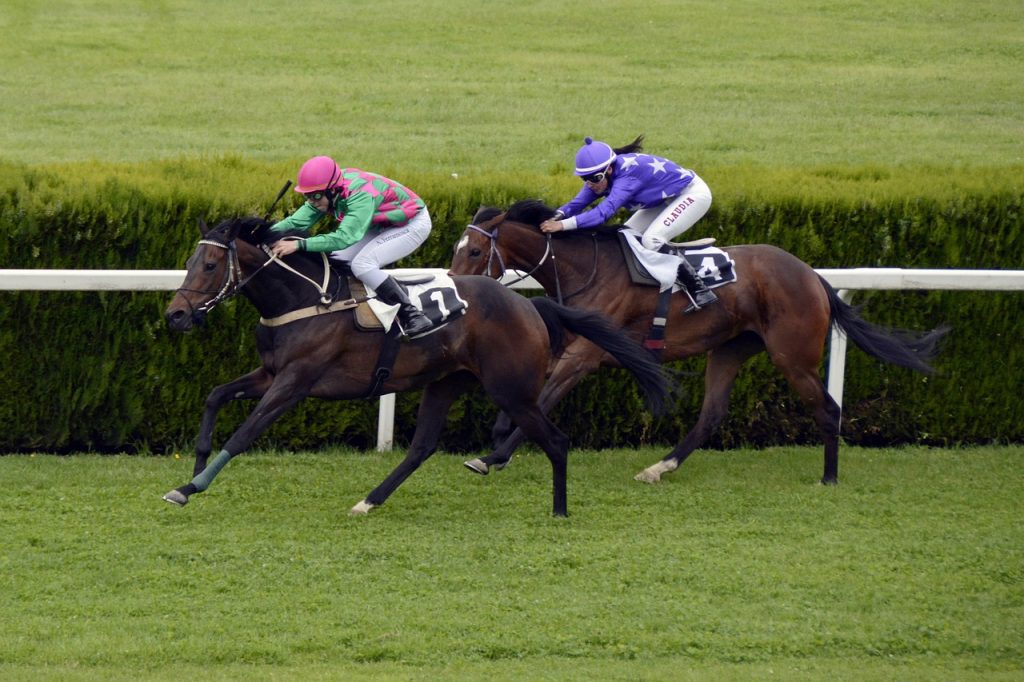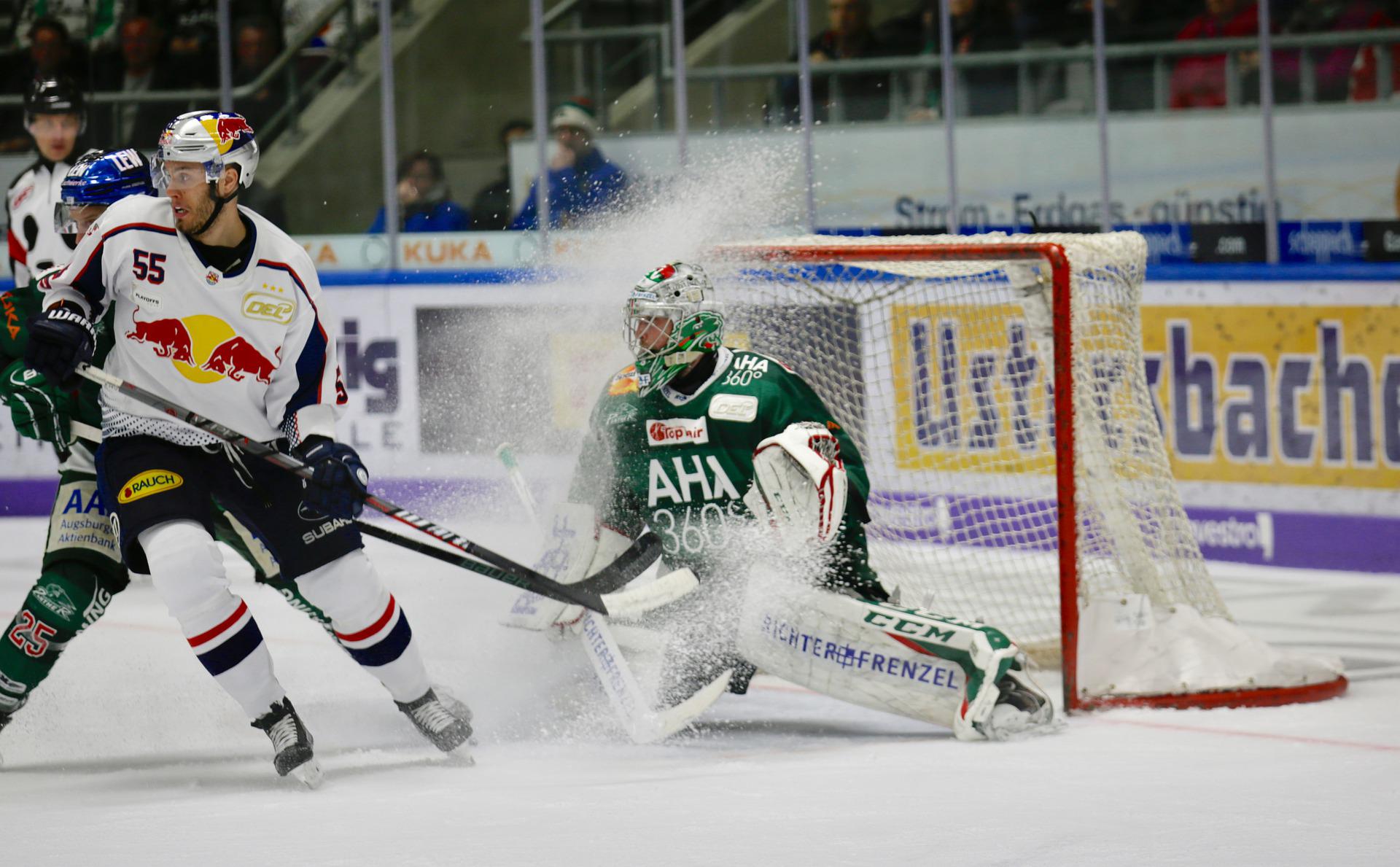There is no sports bet without odds, everyone knows that – but what exactly makes the odds turn out the way they do in the end? How can you calculate an odds? And above all: What does the odds mean for your own bet? Does it possibly give a hint for whom or what it is best to bet? Or does it simply indicate the risk and the possible profit, without being a guide? All these questions will now be answered here.
What do sports betting odds depend on?
In sports betting, the odds always reflect in a certain way the probability that a certain event will occur. The less likely something is, the higher the odds for it. In this case, the odds are determined on the basis of a fair rate, which only takes into account the probability of winning. In addition to the probability, the bookmaker’s profit margin and the German betting tax of 5% are also included in the odds. Thus, the odds in Germany are always slightly worse than elsewhere, which means lower winnings for the players. For this reason, many players prefer to place their bets with non-German providers, who may accept a lower profit margin and where they may also be able to avoid the betting tax.
Who determines the odds?
Not every bookmaker calculates the odds for their bets themselves. This is done by some large providers on the Internet, which you can find out about at www.wettanbietererfahrungen.com, for example, and also by large physical providers, e.g. at racecourses, but many smaller providers buy the current odds from larger providers. The odds themselves are either calculated by the PC with the help of complicated algorithms, or a professional bookmaker for sports betting determines an ideal odds.
How are the odds for sports betting calculated?
The odds for sports betting are always worked out in a multi-stage process. First, the sports event is analyzed. Then a fair quota is determined, which becomes the real quota by including further costs. In practice, however, the odds change continuously if the players’ bets are also taken into account.
Step: Analysis of the sports event

On the way to a quota for sports betting, the first step is always a sober analysis of the sports event. Statistics on similar events in the past are used, but also, for example, the daily form of the athletes is taken into account. In addition, however, countless other details can find their way into the analysis. Ultimately, it helps the bookmaker who is to determine an odds, of course, very much if he can fall back on as much relevant data as possible. At the end of this analysis, the bookmaker makes hypotheses about the probability of which event will occur. For example, in a soccer match, he may conclude that 45% of the time Team A will win, 20% of the time Team B will win, and the match will end in a draw with a probability of 35%.
Step: Determination of fair odds
From the probabilities for certain outcomes, the bookmaker can now easily derive a fair odds. To do this, he divides 100 by the probability of occurrence of a certain event. In the above example, the odds for a win by team A would be 2.22. The odds for a win by team B would be 5, and the odds for a draw would be 2.86.
Step: Calculation of a real odds
However, a fair odds is not enough – here the bookmaker does not yet make a profit and cannot pay the betting tax. In order to fulfill these two purposes, the bookmaker calculates a real odds. To do this, he first considers what proportion of the stakes he would like to book as his profit. Let’s assume that the profit should be three percent. If the betting tax of five percent is added to this and the sum of both levies is subtracted from 1, the result is that players can be paid out 92 percent of their winnings.
To price this directly for the customers, the bookmaker now multiplies the fair odds with the share for the players. The odds for a win by Team A now change from 2.22 to 2.04 and the odds for a win by Team B drop from 5 to 4.6. In addition, the odds for a draw drop from 2.86 to 2.63.
Watch out!
However, you have to be careful with the real odds, because not all providers directly include the betting tax. Thus, a better quota at first glance can ultimately bring a lower profit than an apparently worse quota. However, you can find out more about the calculation of the real odds and the inclusion of the betting tax in the general terms and conditions or on a special explanation page of the bookmaker.
Constant adjustment of the odds
In reality, the odds for various betting events are constantly adjusted. This is done in relation to how many players bet how much money on a particular outcome. The adjustment of the odds is done in the interest of the bookmaker in such a way that he can book a profit at the end with the highest possible probability. However, this is not always possible, so it may happen that a bookmaker has to accept losses. However, with all the dynamic adjustment of odds, it is still important for the bookmaker to maintain the relationship between the different odds for the outcome of an event.
Differences between odds

Different bookmakers also offer different odds to their customers – even if it is the same event. This may be because they value the event differently, but they may also simply have set different profit margins. Customers may initially be only marginally interested in the small differences between the odds at different betting providers. However, even on one bet, this can cause the possible winnings to differ greatly, and over a longer period of time, large differences also set in.
An example calculation for a combination bet can make this clear. If you bet 100 euros each with two bookmakers, but one offers odds of 1.96 and one odds of 1.94, the differences are immediately greater. In the case of a correct tip, the bookmaker with odds of 1.96 ultimately gives you a profit of 2892.55 euros, while the bookmaker with odds of 1.94 can only pay out a profit of 2747.95 euros. Thus, a small difference in the second decimal place already reduces the profit by almost 150 euros.
Importance of the odds
Anyone who has already dealt a little with sports betting quickly realizes that they have a very decisive influence on the success of betting. The bets do not affect whether you can ultimately collect a profit or not, but they very well have an effect on how high the profit turns out in the end. Especially if you bet more often or with larger sums, the profit often melts down noticeably due to bad odds.
Therefore, it is definitely worthwhile to inform yourself about the best odds at various portals. Here, however, it is not necessarily the case that a bookmaker who once has the best odds on offer can always offer them. After all, the odds change with every sporting event, and with different assessments and different betting behavior of users, they can differ greatly under certain circumstances. The best thing to do is to look for the provider that offers the best odds to customers in this case for each bet you want to place.
